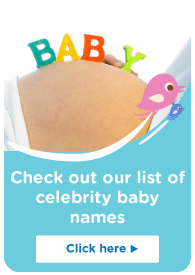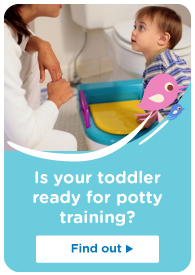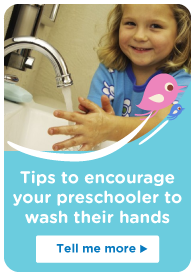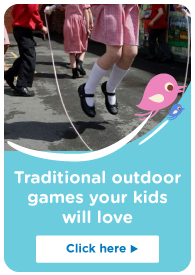Ways Pets Make Your Child Healthier and Happier
Filed under:
MummyBloggers
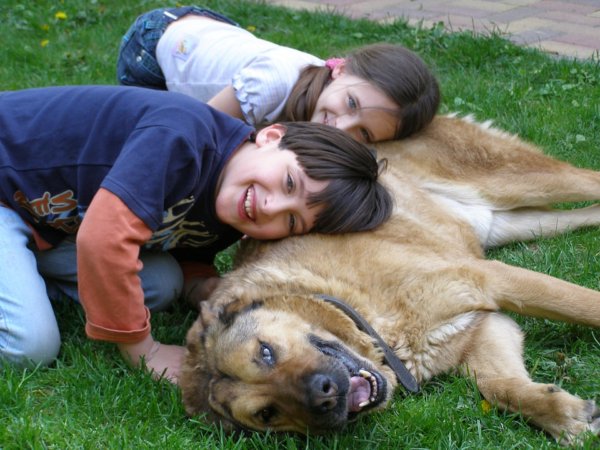
    |
What we keep hearing from day one is that humans are social beings that need interaction in order to live happy, fulfilled lives. While this statement is absolutely true and humans do have an inherent need to belong (to someone), what we rarely get to talk about is whether humans, i.e. the interaction with humans, is the only way to live a socially happy life or whether there are any other ways to make your time and interactions purposeful and joyful.
It goes without saying that building healthy relationships with your peers, family, neighbors, school mates, partners, parents, etc. is the number one on the list of social agendas. Still, it is also true that getting a pet may significantly increase one’s quality of life, build self-esteem, fill the void one may be feeling and contribute to a much happier and healthier everyday life. This is true for both adults and children.
If your child’s been nagging you for months now and giving you puppy eyes whenever you pass by a pet shelter or a pet store, maybe it’s time you considered getting them that furry friend they’ve been wanting so badly? If you are having second thoughts, we’re giving you just a few insights into why letting your child have a pet may be the best thing you’ll do this year.
A pet can teach confidence and responsibility
By having the responsibility of caring for a pet, children can boost their sense of self-worth and confidence. The idea of caring for another living creature will instill them with poise and pride. While they are small, entrust them with simple tasks, such as filling the pet’s water and food bowls. As your child gets older, let them walk and groom the pet.
A pet can teach empathy
The more time your child spends with a pet, the quicker he/she will develop empathy. The child learns to read your pet’s needs: Does it need to go outside? Is it hungry? Is it feeling okay? Maybe the pet is scared of the rain, wind, snow, noise (or any other outside effect) and needs to be comforted? The child will develop a sense of it and try to help the pet feel better. By the way, “empathy is the one skill that can be taught, a skill that bullies often lack”.
Pets help with anger-control
A child who’s got some repressed issues will look to take out his anger or fear on others or him/herself. Usually, if they don’t have a safe place to share their truest emotions, some children become bullies, project those emotions onto other children or even run the risk of hurting themselves. Since a pet will love your child no matter what he says, that pet will become your child’s safe haven and a confidant. Still, if your family is going through a hard time like a divorce or death in the family, or you notice there’s something serious going on with your child, don’t rely on pets only to provide comfort and help. Apart from you being there for them, make sure you consult a skilled psychologist in Sydney that will be able to help the child deal with their emotional baggage and live a happy life.
Pets give unconditional love
Pets make for perfect best friends! They are non-judgmental, and “especially for only children, lonely children, or children who have sibling rivalry or emotional distress, a pet gives them someone to talk to”. A pet will provide support, comfort and listen to a child’s troubles without any expectation, judgment or consequence.
Animals can help children socialize and increase their verbal skills
No matter how small, kids simply love to try and chat with their pets, don’t they? Even though pets are not equal conversational partners, they help children learn to communicate non-verbally and get familiar with reading a body language, even if it’s that of a pet.
Pets can be very therapeutic for children and there is no reason you shouldn’t let your child enjoy spending time with one!
@page { margin: 0.79in }
p { margin-bottom: 0.1in; line-height: 120% }
a:link { so-language: zxx }
@page { margin: 0.79in }
p { margin-bottom: 0.1in; line-height: 120% }
a:link { so-language: zxx }
It goes without saying that building healthy relationships with your peers, family, neighbors, school mates, partners, parents, etc. is the number one on the list of social agendas. Still, it is also true that getting a pet may significantly increase one’s quality of life, build self-esteem, fill the void one may be feeling and contribute to a much happier and healthier everyday life. This is true for both adults and children.
If your child’s been nagging you for months now and giving you puppy eyes whenever you pass by a pet shelter or a pet store, maybe it’s time you considered getting them that furry friend they’ve been wanting so badly? If you are having second thoughts, we’re giving you just a few insights into why letting your child have a pet may be the best thing you’ll do this year.
A pet can teach confidence and responsibility
By having the responsibility of caring for a pet, children can boost their sense of self-worth and confidence. The idea of caring for another living creature will instill them with poise and pride. While they are small, entrust them with simple tasks, such as filling the pet’s water and food bowls. As your child gets older, let them walk and groom the pet.
A pet can teach empathy
The more time your child spends with a pet, the quicker he/she will develop empathy. The child learns to read your pet’s needs: Does it need to go outside? Is it hungry? Is it feeling okay? Maybe the pet is scared of the rain, wind, snow, noise (or any other outside effect) and needs to be comforted? The child will develop a sense of it and try to help the pet feel better. By the way, “empathy is the one skill that can be taught, a skill that bullies often lack”.
Pets help with anger-control
A child who’s got some repressed issues will look to take out his anger or fear on others or him/herself. Usually, if they don’t have a safe place to share their truest emotions, some children become bullies, project those emotions onto other children or even run the risk of hurting themselves. Since a pet will love your child no matter what he says, that pet will become your child’s safe haven and a confidant. Still, if your family is going through a hard time like a divorce or death in the family, or you notice there’s something serious going on with your child, don’t rely on pets only to provide comfort and help. Apart from you being there for them, make sure you consult a skilled psychologist in Sydney that will be able to help the child deal with their emotional baggage and live a happy life.
Pets give unconditional love
Pets make for perfect best friends! They are non-judgmental, and “especially for only children, lonely children, or children who have sibling rivalry or emotional distress, a pet gives them someone to talk to”. A pet will provide support, comfort and listen to a child’s troubles without any expectation, judgment or consequence.
Animals can help children socialize and increase their verbal skills
No matter how small, kids simply love to try and chat with their pets, don’t they? Even though pets are not equal conversational partners, they help children learn to communicate non-verbally and get familiar with reading a body language, even if it’s that of a pet.
Pets can be very therapeutic for children and there is no reason you shouldn’t let your child enjoy spending time with one!
@page { margin: 0.79in }
p { margin-bottom: 0.1in; line-height: 120% }
a:link { so-language: zxx }
@page { margin: 0.79in }
p { margin-bottom: 0.1in; line-height: 120% }
a:link { so-language: zxx }

